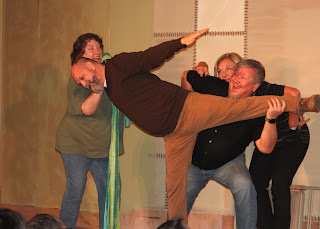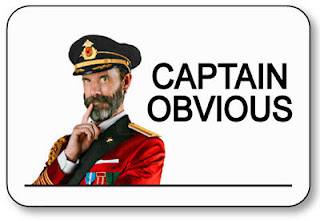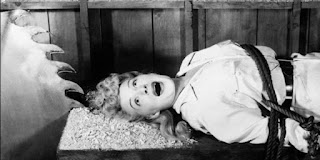What Do We Want to Create Together?

Peter Block in Flawless Consulting writes that there is no more profound question in consulting than, "What do we want to create together?" I see this as the foundational question, not only in consulting, but for any organization or group. It doesn't matter if the group is a business, non-profit, church, or social club, when individuals work together to create something unique to themselves the whole becomes greater than the sum of it's parts. As a church pastor for thirty-seven years, I've learned that groups are more successful when they focus on sharing ideas, supporting one another, and building relationships. I've certainly done my share of trying to push for change in an organization. I've subscribed to the popular theory of the "visionary leader." This theory holds the belief that growing churches all had one thing in common, a leader with a strong vision. The congregation would spend countless hours on self-evaluation, group meetings, f...





